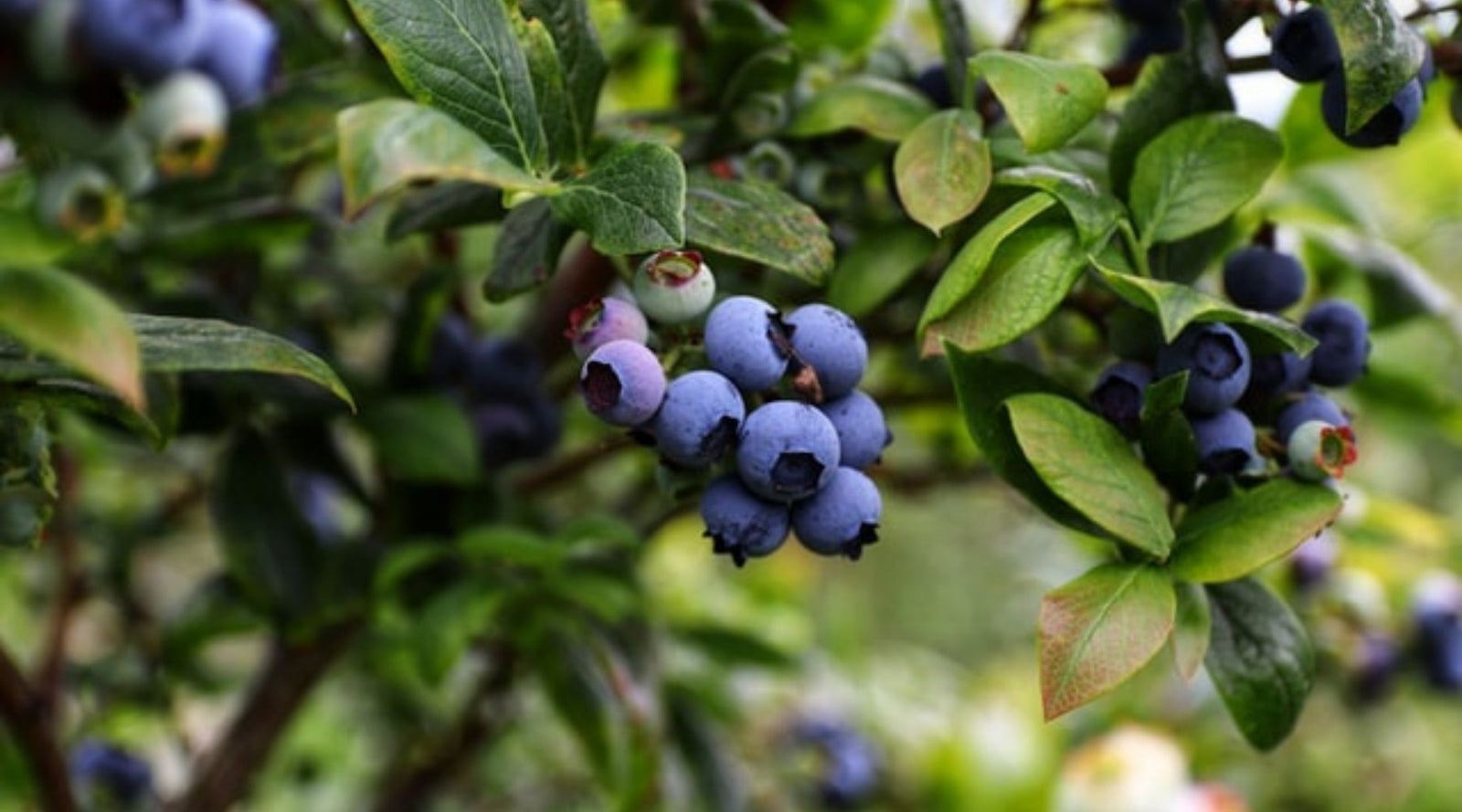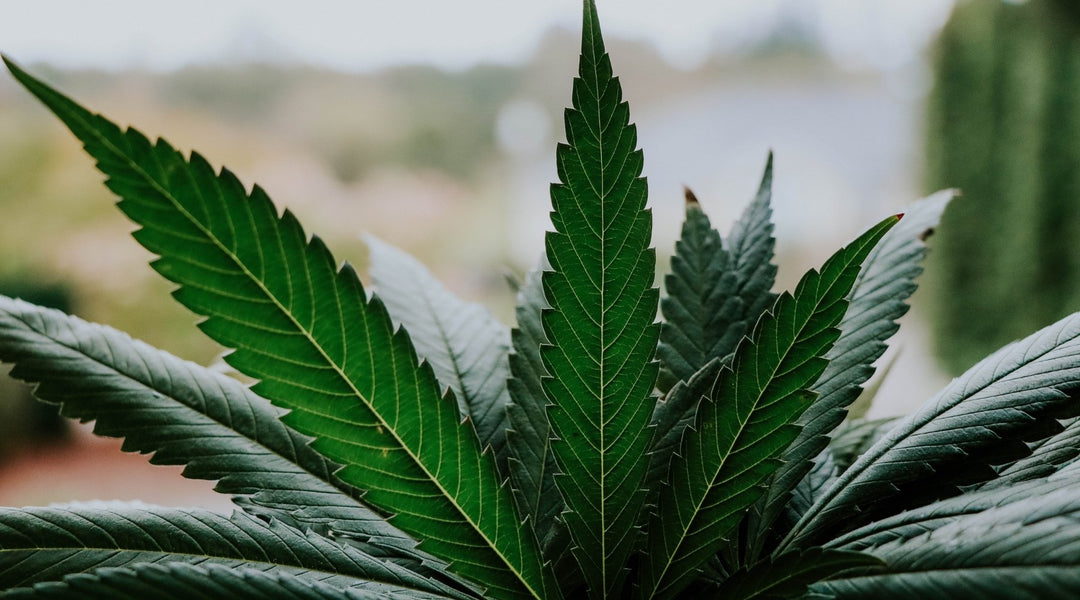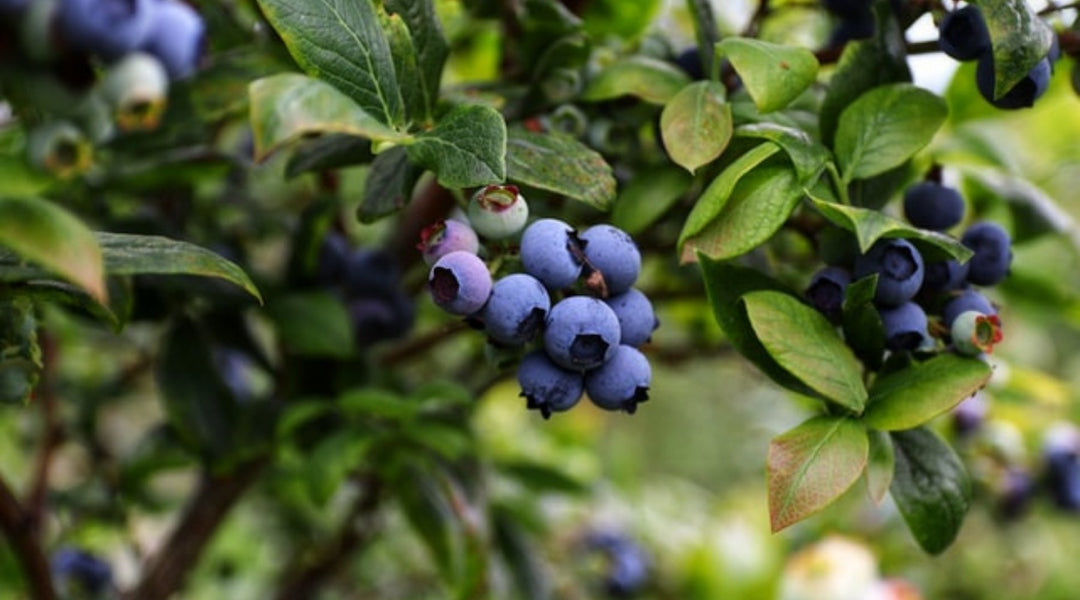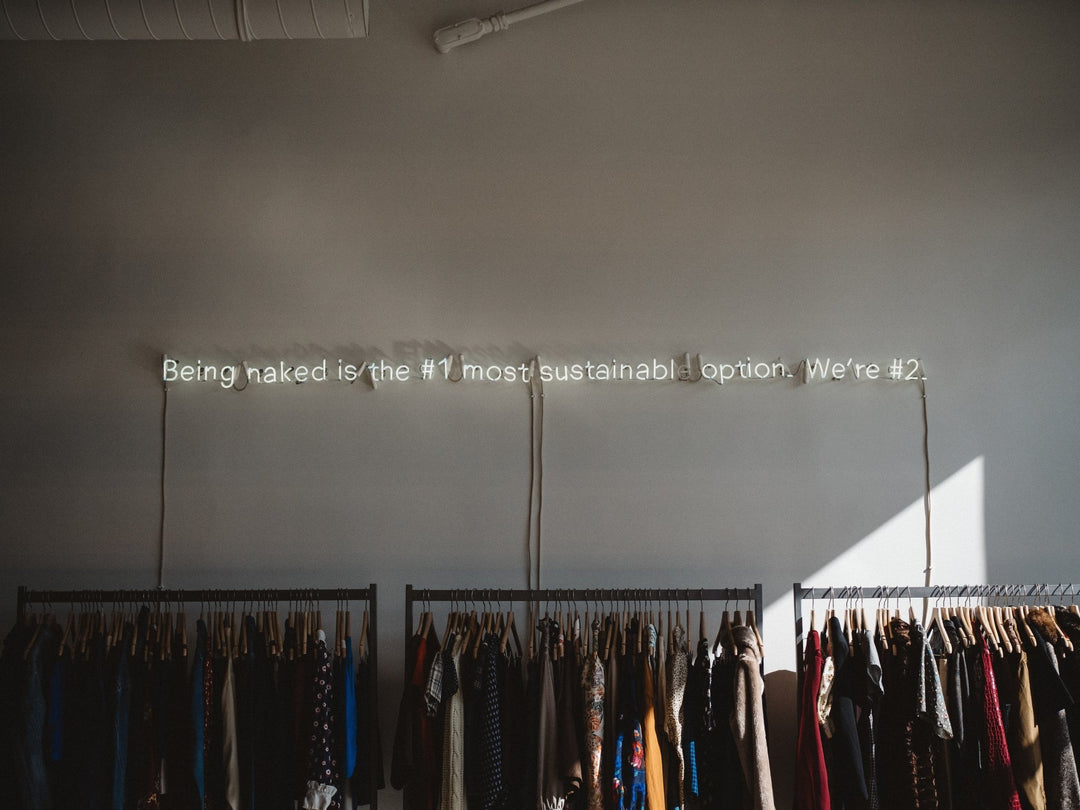Something Rachel Carson Would Like

WRITTEN BY: Ian Petrie
There’s a risk putting Rachel Carson’s name in the title of this column. Some will see it and presume I’m going to go off on an anti-pesticide rant and stop reading. Others will read on hoping for a rant and I’m going to disappoint them too. Rachel Carson was an extraordinary writer who challenged not just government regulators, but hard earned cultural values that the science and technology that had helped the West win the Second World War would create a wealthy productive economy that would benefit everyone. Her book Silent Spring, published in 1962, instead painted a very troubling picture. Newly commercialized pesticides, many developed in chemical warfare labs, were killing far more than the destructive pests farmers and others wanted to control. She wrote powerfully about the web of relationships between plants, animals, air, water and soil. Her insights pushed governments and the rest of us to see the world differently. What she didn’t call for was a ban on pesticide use.
Here’s what she writes in the second chapter of Silent Spring: “ It is not my contention that chemical insecticides must never be used. I do contend that we have put poisonous and biologically potent chemicals indiscriminately into the hands of persons largely or wholly ignorant of their potential for harm.” Pesticides are poisonous and biologically potent, that’s why they’re used, and for decades there was very little training, and certainly not the current certification required, to apply pesticides. I think the more important word here is “indiscriminately”. I believe with recent developments in “precision agriculture”, that pesticide use can come closer to meeting Carson’s challenge.
It would be easy to think of “precision agriculture” as just another technological fix to allow pesticide use to carry on uninterrupted. I believe it has more potential than that. I first wrote about the subject about a decade ago after hearing a presentation by Dr. Qamar Zaman, an agricultural engineer doing research and teaching at what was then the Truro Agricultural College, now Dalhousie University. His work was being pushed along by some money from the Bragg family of blueberry fame. John Bragg told me he wants to leave something better for his grandchildren, and knows change is needed. Dr. Zaman was using off-the-shelf electronics for eyes to distinguish weed from crop, and computers and GPS to control sprayer movement and applications of pesticides. The central idea is to limit pesticide use to only where it’s needed, not the blanket spraying that’s common now. Dr. Zaman has received international recognition for his work. And now Dr. Aitazaz Farooque has begun a 5 year research project at UPEI to develop tools for precision agriculture in the potato industry, to ensure precise applications of pesticides, fertilizers and water. The goal is in the long title to the project: "Development of Precision Agriculture Technologies to Improve Crop Productivity and Mitigate Environmental Risks: A Pathway to Sustainable Agriculture”. That sounds worthwhile.
A lot of pesticide use right now is “indiscriminate”. Certainly the GMO crops, round-up ready corn, soybean, etc allow farmers to blanket spray fields with glyphosate to control weeds. And Rachel Carson would be horrified (and familiar) with the overuse (through seed coating) of neonicotinoid insecticides like imidacloprid that, just like the DDT she fought so hard against, are very stable compounds that accumulate in soil, surface and ground water, killing aquatic insects and weakening or killing pollinators. Europe says it will ban their use anywhere but in greenhouses, and Health Canada is calling for a ban here. If neonicotinoid pesticides survive these regulatory reviews it will only be if the concepts and technology used in “precision agriculture” are used. Apply as little of the pesticide as necessary, and only where it’s needed.
There are more immediate solutions when it comes to herbicides. A recent article by Reuters had the headline “Robots fight weeds in challenge to agrochemical giants”. It reported on research in Switzerland that will allow farmers to stop paying a premium for GMO seeds, and limit herbicide use to just where it’s necessary, a double blow to the Monsanto’s of the world. Richard Lightbound CEO of a research company called ROBO Global says “If you can reduce herbicides by the factor of 10 it becomes very compelling for the farmer in terms of productivity. It’s also eco friendly and that’s clearly going to be very popular, if not compulsory, at some stage.” John Deere the big tractor company is now backing this technology.
We’re already seeing the very straight rows GPS controlled planters allow, and the same technology can be used to identify low areas, or waterways, and prohibit any spraying and limit runoff risk. Soils can be monitored, and applications of fertilizer limited to just where it’s needed. These are all important steps to move away from the “indiscriminate” use of pesticides and fertilizers that Rachel Carson warned us against. Again from Silent Spring: “All of this is not to say there is no insect problem and no need for control. I am saying, rather, that control must be geared to realities, not to mythical situations…..”
Rachel Carson was a hard-headed, smart science writer who saw the wonders of the natural world at risk, and made others look harder. Eagles soar now because of her work. I think “precision agriculture” can bring us closer to protecting what she fought so hard to make us appreciate.













Laissez un commentaire